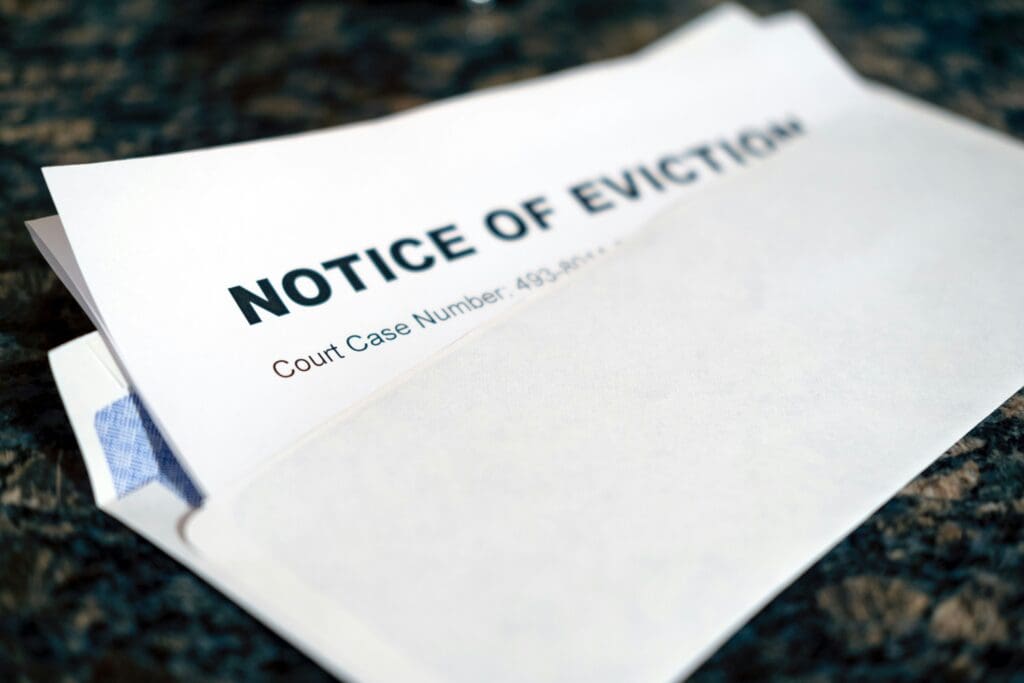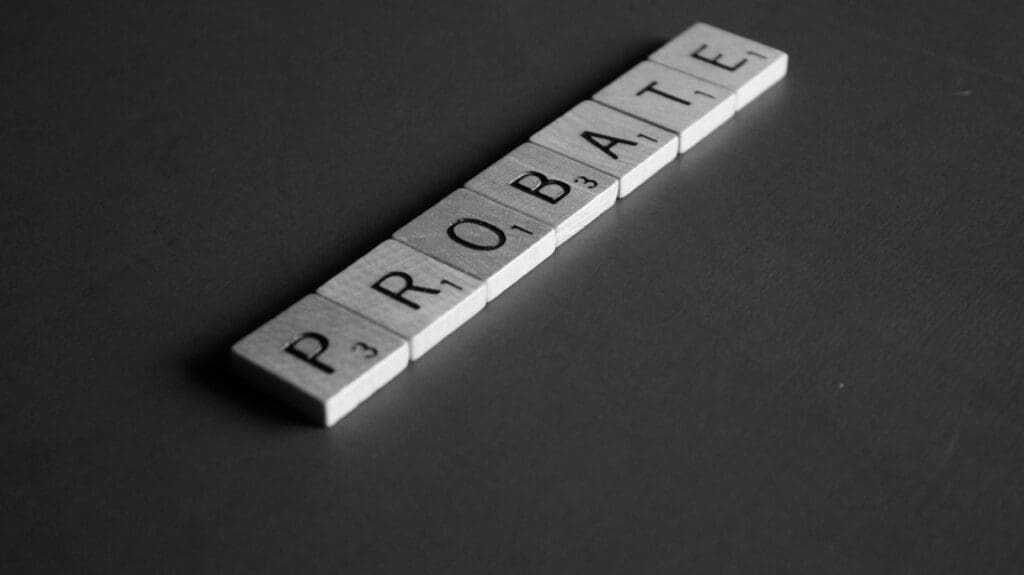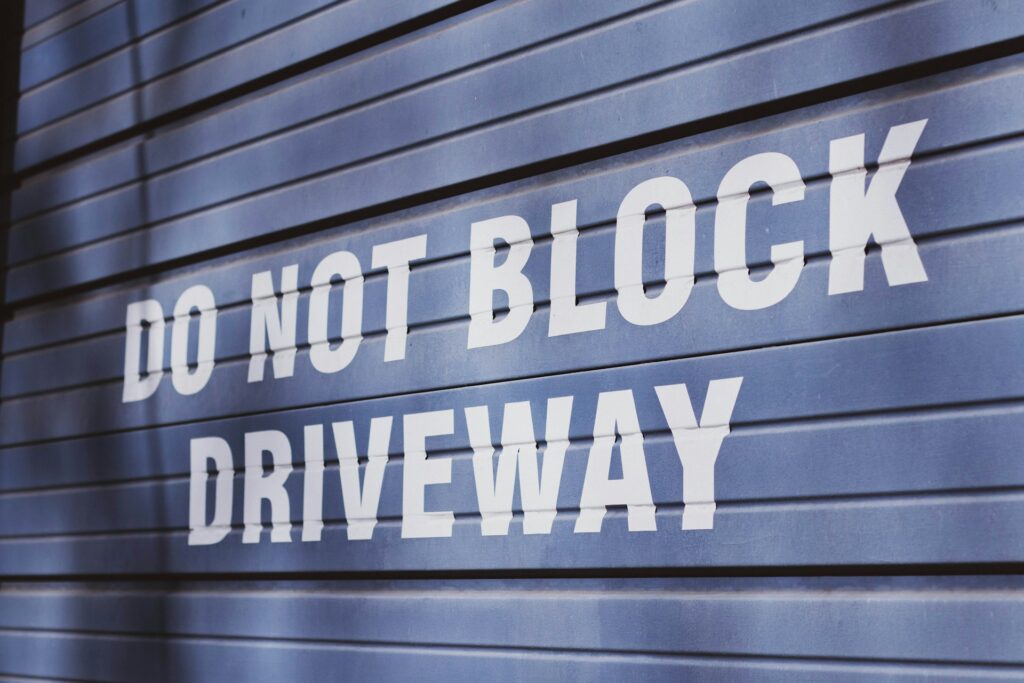Can My Ex Force Me to Sell the House?

Estimated reading time 13 minutes
A divorce is a complicated, emotional and stressful time, even when things may be relatively amicable between husband and wife. Perhaps one of the most complex issues to resolve is the house, especially if there are children involved. In most cases, the parent with full custody will be granted permission to raise the children in the family home. Various factors will be taken into consideration, and it is only after the children turn 18 that things may change. Should there be no children, things are a little different.
Whether children are involved or not, both parties will want a speedy resolve to all things finance and property related. Whether that is possible, though, will depend on a few factors.
In this blog, we explore if a property sale can be forced by your ex-partner.
Can my ex force the house sale?
If your property is jointly owned and you have children, the decision on who gets to live in the home will be decided by the courts. They will assess the finances and the circumstances of each person. In most cases, the court will find in favour of the parent who has full custody and put a property order in place. This means that only once the children are either 18 years of age, or out of full-time education, the property can be sold. Once sold, the funds raised from the sale are divided between the divorced parents according to the terms of the property order. Of course, should a mutual sale be agreed before the children are 18 years old, a property order is no longer needed. It is always encouraged for the children to stay at the family home with one of the parents. As a result, and with the property order in place, an ex will not be able to force the sale of the house.
Can my ex force me to sell the house if we aren’t married?
Whether you are married or not, the home is likely to be jointly owned, meaning a sale cannot be forced. That being said, your ex can go to the courts and request that the property be sold. At this stage, the courts will assess whether the home is a family home or not; when it is, they may look to award the house to the parent with full custody, just like when a couple is married.
They will also assess whether a sale will generate enough funds for yourself and your ex-partner to rehouse yourselves suitably. If there isn’t enough equity in the property for this to happen, it is unlikely the court will grant the sale asked for by your ex.
When this happens, the sale will be delayed until both parties are more financially stable or the children reach the age of 18.
What if we do not have children? Can my ex force a house sale?
If you do not have any children with your ex, there is still not much room for manoeuvre for them to force a house sale. If both names appear on the property deeds, the ownership is shared, and neither can force the other to sell. A court will look at affordability and assess whether it is better to have one party buy the other out, or whether a sale would be the best option.
What if the house is in my partner's name?
If you are married, the rights of the house are split evenly. The house is classed as a matrimonial asset, meaning that even if one person contributed more to the house than the other, the ownership remains equal. A court will view the property as evenly owned before taking things further.
If you are not married, and live there with full ownership being your ex’s, they have every right to ask you to leave or seek your eviction. However, this should only be done once a full legal consultation takes place. Specific rules around home ownership, finances and more could all mean they cannot force you out as you may expect. Courts will also consider how long you have been in the relationship and whether there are any shared assets.
What happens to the house if we aren’t divorced yet? Can my ex force me to sell?
If you are not divorced, you both have the right to remain in the home. This is what the law states. However, it is likely to be an extremely uncomfortable position for you both to be in. It’s this that often leads to someone trying to force the house sale.
If you think you are being forced to sell the house by your ex, you do have legal rights to stop it. You should speak to a property law expert and apply for a Notice of Home Right. This will stop their efforts to force a house sale whilst you both remain married in the eyes of the law.
What rulings could the court make if my ex wants to force a house sale?
The court will listen to accounts from both parties and as mentioned earlier, if children are involved, the court will likely support the parent with full custody. The court will ensure it puts the wellbeing and needs of children above that of your own. However, there are various rulings the courts can make when an ex tries to force the sale of a house:
- A sale of the family home. The house is sold with the mortgage paid off and all legal fees covered. Anything left over is distributed between the two parties as the court sees fit
- Transfer of ownership.The house can be transferred to one person, although the mortgage lender will also have to approve this subject to affordability checks. If the transfer of the ownership to you is not feasible and you don’t wish to sell, you can investigate the potential for a postponement of the sale. The courts will then dictate who is responsible for the mortgage and when the house should be sold. The house sale is normally set to take place once your youngest child turns 18 or if you remarry
- Postponed sale of the house. The court could rule that the house stays in both names and that a sale can only be completed in the future when certain events may happen. This could include marriage to a new partner, the youngest child reaching the age of 18 or a joint agreement to sell
- Transfer one person’s share of the property to the other with charge.When a court states that this should happen, the ownership of the property is transferred to the person occupying it. The other person then has a charge for a fixed portion of the net proceeds of the sale. The sale is only made possible once any of the particular events we mentioned previously happen. This is seen as advantageous as your ex can be released from any mortgage liability and instead secure a mortgage on a new home
The court may also decide to refuse a sale, or refuse the sale but put an order regulating the right to occupancy in place.
What the court decides will depend on whether children are involved and the financial status of the parties involved. One case can vary very much from the next.
What do the courts consider when an ex wants to sell the house?
As mentioned earlier, the court will look to put the interests of the children first, but there are also many other things it will take into account when making a decision.
The length of the marriage
Shorter marriages often have fewer assets to divide, and a court will tend to only look at the matrimonial assets, such as the house. A longer marriage will have its non-matrimonial assets looked at too, as in some cases, they will merge with the matrimonial assets and can alter how a court sees how things should be split. The time you have spent living together before marriage will also be considered.
Contributions made during marriage that are financial or professional
If hours of work needed to be reduced to look after the children or work was given up to support the family home, the court will consider this when deciding the financial settlement.
Financial resources of each person
The court will also look at how financially stable each person is. There is a legal responsibility to provide and support children via child maintenance, but spousal maintenance can also be requested. This will only be awarded once the other partner's finances and current situation are considered. However, it is possible not to pursue spousal maintenance, and instead opt for a larger share of the house.
Can we avoid going to court if my ex wants to sell the house?
Court can be expensive and time-consuming. If your ex is trying to force a house sale and you don’t want to sell, you could seek mediation. This way, you and your ex will talk through the situation with professional mediators, hopeful of finding a solution that benefits everyone. If you reach an agreement during mediation, you can instruct solicitors to ask the court to draw up a consent order. This is much cheaper than pursuing it all through court and gives you both a suitable resolution to a difficult situation.
Going through courts and the divorce process can be stressful. A quick solution that could benefit both parties is to sell the home to a cash house buyer. That way, you have a speedy house sale and funds in your account fast, enabling you both to move on without the costly court fees and slow process of getting a fair resolution. At Bettermove, we make sure there is no stress, no worry and no cost. We sell house online for free, meaning neither of you has to foot the bill for getting your house sold, and ultimately, we sell your house fast – in as little as seven days if it suits you, or longer if you need more time to split your assets. Begin the process of getting your house sold fast today by speaking to our team.
Can My Ex Force me to Sell the House FAQs
In most cases, a sale cannot be forced by your ex. It all depends on the ownership status; even then, it isn’t straightforward.
If the home has seen one of you make a larger financial contribution towards it, a forced sale is still not necessarily possible. It will all depend on whether the home is a family home, whether you are married, and whether one person has sole ownership or not.
If you cannot agree a house sale amicably, the courts will intervene and assess the situation. A jointly owned home with children will be looked at differently from a home where you live together as an unmarried couple. A court will decide in the best interests of any children above that of your own. This would mean the home going to the parent who has custody.
You can avoid court via mediation or talking through the issues together.
The court will listen to a case from both sides and where children are involved, it will side with the parent with custody. However, the court can make various rulings if your ex tries to force the sale. This could be a transfer of ownership, a postponed house sale, the sale of the home or even the refusal of a sale. The court will consider whether children are involved and the financial status of each party.
If you and your ex have agreed to sell the house, your house is likely to sell on average, within 6 months from the moment it's listed to the time you hand over the keys. This can be significantly longer than you may have hoped so a fast house sale via a cash house buyer could help speed up the process.
No. In most cases, the home is jointly owned when you are married so what happens to the house is decided by the court. If children are involved, the court may put a property order in place where the parent with full custody remains in the home and it may only be sold once the children are 18 years old or no longer in full-time education.
No. If you are not married but have children, the same rules as if you are married with children will apply. If you do not have children, the court will assess whether a sale will generate enough money for you and your ex to suitably house yourselves. If there is not, a sale cannot be forced.
Yes. If you are not divorced and the home is jointly owned, you both have the right to live there. If an ex tries to force a sale at this point you can apply for a Notice of Home Right. This will stop them from forcing a sale whilst you are still technically married.
If your ex owns the house fully and you are married, the house is classed as a matrimonial asset and therefore cannot force you to leave. A court will view the home as being owned equally.
If you are not married and your ex has full ownership, they are within their rights to ask you to leave or seek an eviction notice.
Court costs vary and it can be very expensive. Legal representation, obtaining documents, property valuations and more can all mount up. Where possible, it is always advised to seek mediation where you can hopefully come to a resolution that works for everyone. A cheap alternative is to sell your home to a cash house buyer like Bettermove. With no legal fees, you sell your house for free, saving both of you from costly court hearings.



